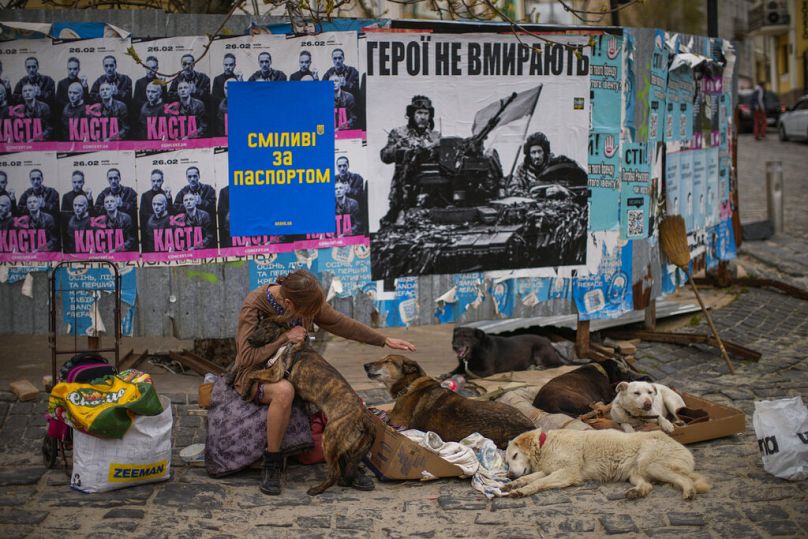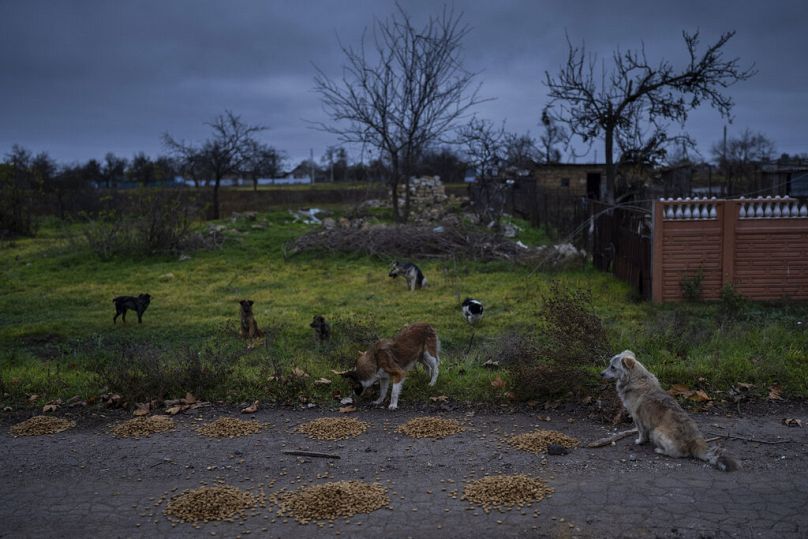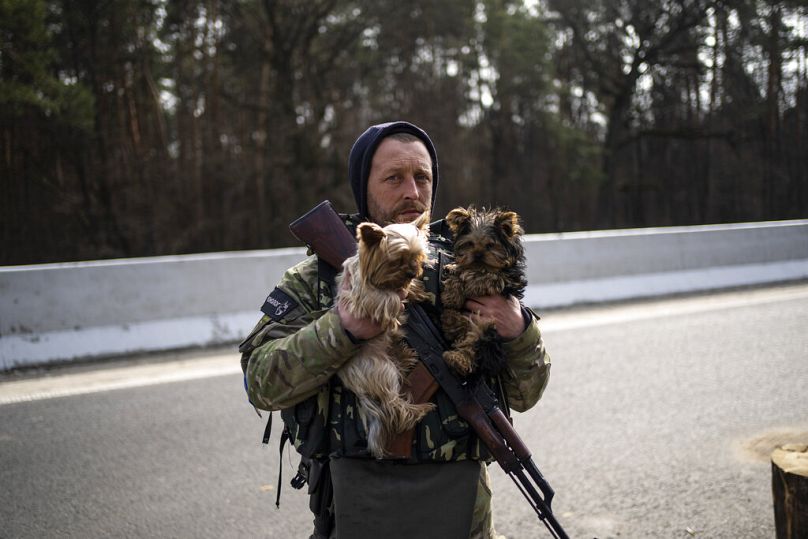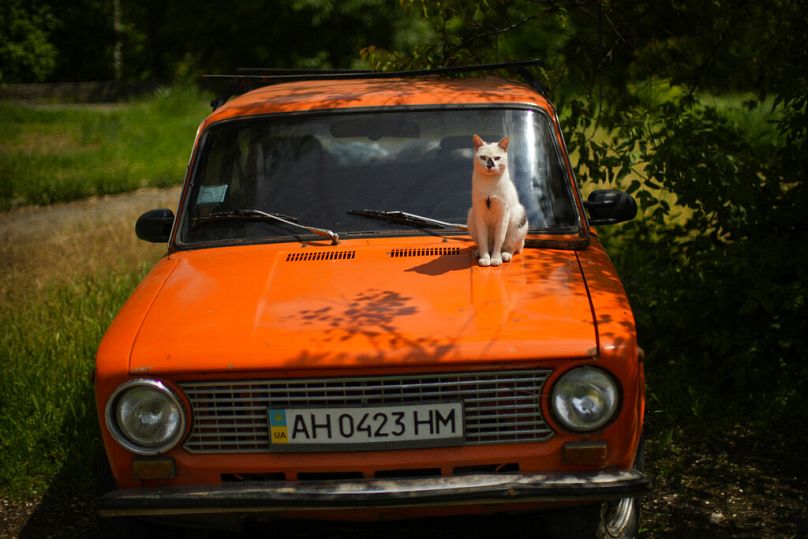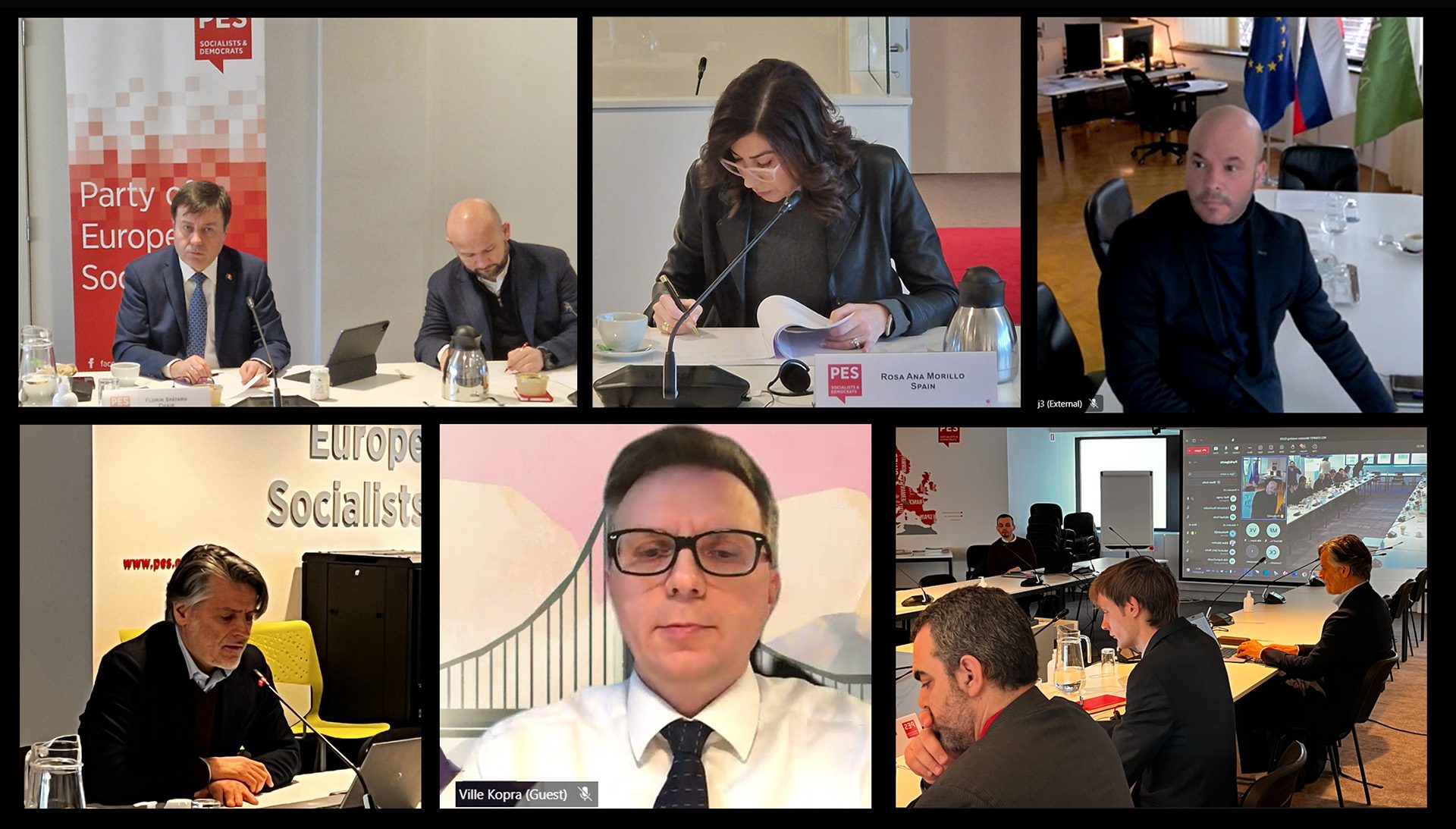Academic freedom deteriorates in 22 countries
Researchers at the University of Gothenburg and FAU Erlangen-Nürnberg publish the Academic Freedom Index 2023 Update
Reports and ProceedingsToday, the Academic Freedom Index (AFI) project presents its Update 2023, providing an overview of the state of academic freedom in 179 countries. The decline in academic freedom affects over 50% of the world's population, approximately 4 billion people. The Index identifies 22 countries where universities and scholars experience significantly less academic freedom today than they did ten years ago. This includes democratic systems as well as autocratic countries. During the same period, academic freedom levels have only improved in five small countries, benefiting a mere 0.7% of the world's population. In most countries (152), academic freedom stagnates, often at a far too low level. For the average global citizen, academic freedom is back to a level last registered four decades ago.
The AFI is the result of an international collaboration involving 2,197 country experts worldwide, coordinated by researchers at the University of Gothenburg’s V-Dem Institute and the Institute of Political Science at Friedrich-Alexander-Universität Erlangen-Nürnberg (FAU). The German Volkswagen Foundation funds the project for a total of five years.
Autocratic and democratic countries among the decliners
This year’s update indicates that the decline in academic freedom is not limited to autocratic countries but also includes democratic ones. Different patterns of backsliding can be observed exemplarily in populous countries such as India, China, the United States, and Mexico.
India's decline in academic freedom started from a comparatively high level during India's democratic period and is now under pressure due to an autocratization process under Modi’s Hindu-nationalist government. In contrast, the China case shows variation in a closed autocracy with increasingly repressive policies. In terms of population, the declines in India and China are particularly consequential, as these two countries are home to 2.8 billion people.
The report’s spotlights on Mexico and the US demonstrate academia’s differing vulnerability related to changes in the central government. In both countries, politicians have attempted to use fiscal policy and appointment decisions to further political control of universities, however with varying success. The US case highlights that subnational politics can matter more for academic freedom than federal politics.
The complete list of all countries’ Academic Freedom Index scores is available in Figures 2 and 3 of the report.
International data collection for five indicators
The AFI provides data on academic freedom worldwide for the period from 1900 to 2022. The index rests on assessments by more than 2,197 country experts from around the world (academics who either usually live in the country that they assess or have specific knowledge about the case). These experts’ assessments are aggregated using a statistical model developed by the international V-Dem project team for its larger democracy dataset.
The AFI itself is composed of five indicators, namely the freedom to research and teach; the freedom of academic exchange and dissemination; the institutional autonomy of universities; campus integrity; and the freedom of academic and cultural expression.
Open access and interactive visualization of world map
The detailed data that make up the AFI 1900-2022 are available open access to facilitate further studies. Please also visit the new website: https://academic-freedom-index.net where you will find an interactive visualization of the data, country profiles, and information on the index project. Easy-to-use graphing tools are also available for anyone interested; they can be consulted by researchers, students, university administrators, research funders, and policy-makers.



